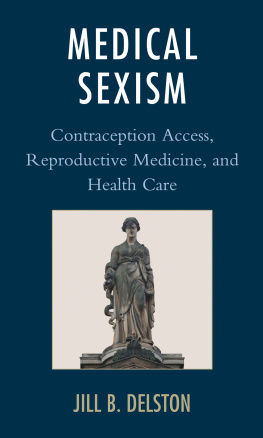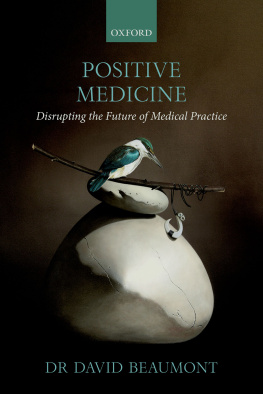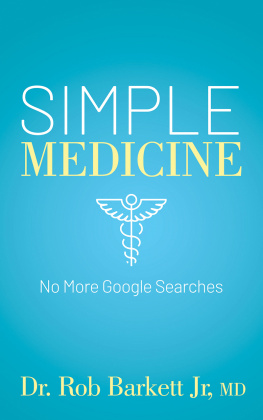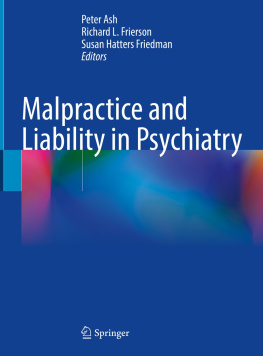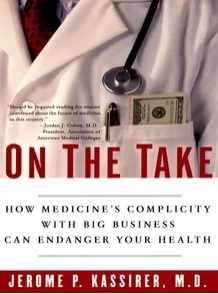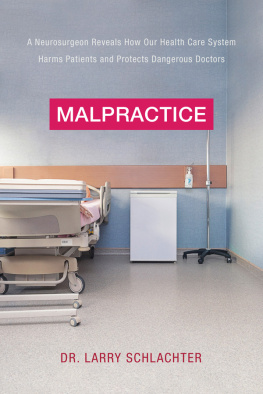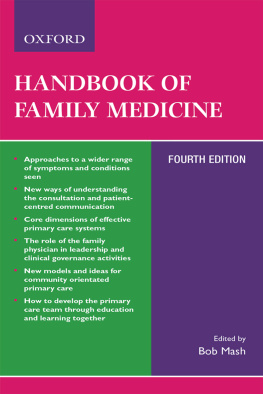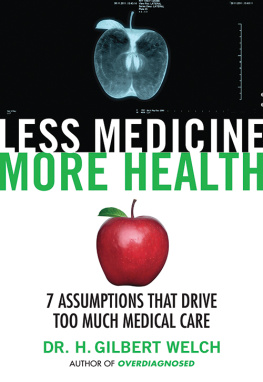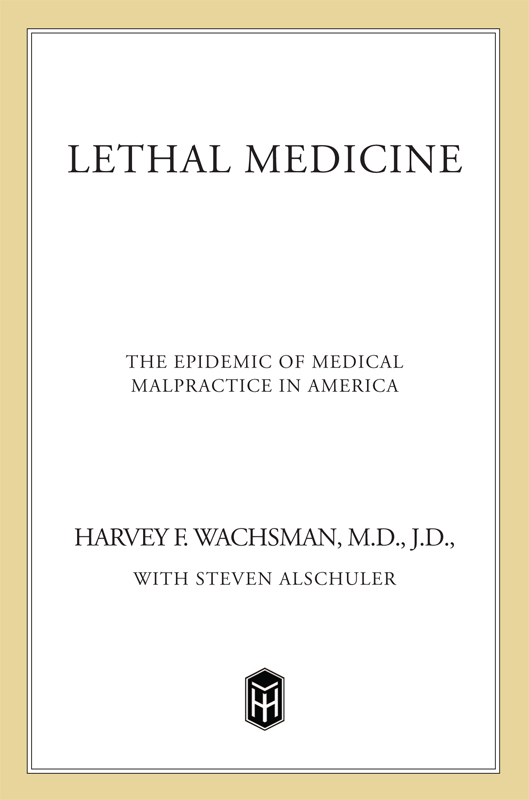Contents
Guide

The author and publisher have provided this e-book to you for your personal use only. You may not make this e-book publicly available in any way. Copyright infringement is against the law. If you believe the copy of this e-book you are reading infringes on the authors copyright, please notify the publisher at: us.macmillanusa.com/piracy.
CONTENTS
This book is dedicated to the many honorable, diligent, hardworking physicians who have dedicated their lives to the service of the public, physicians who save lives every day through their tireless efforts, skill, and knowledge.
To my wife, Kathryn; to my children, Ashley; Marea; Melissa; Dara; David; Jacqueline; Lauren; and Derek; to my father, Ben; and to the memory of my mother, Mollie.H. F. W.
To Laurel, for her good advice and for making everything worthwhile.S. A.
Medicine has been one of my great loves for most of my life. I can still remember reading Sinclair Lewiss Arrowsmith as a sophomore at Thomas Jefferson High School in Brooklyn and knowing right then and there that I wanted to become a doctor. At the time, for a kid from Bedford-Stuyvesantthe first in his family even to attend high schoolthis was easier said than done.
Though my parents and grandparents lacked formal schooling, they had never let that hold them back. My grandfather, who had had virtually no education, was an inventor and mathematician who held over 100 patents and was responsible for the first power-driven knitting machine. My father and mother both became successful businesspeople in their own right, but most important, they all had excellent, creative, inquisitive minds and they passed on to me their love of knowledge and their understanding of the value of hard work.
Thus there was no doubt in my mind that I would become a physician, and when I graduated from college and then medical school I went on to receive my training in neurosurgery and was fortunate enough to be able to fulfill my childhood dream.
Perhaps my background is what makes me feel as strongly as I do about medical malpractice. I know how hard it is to become a doctor and I understand how difficult a profession it can be. There is no profession more noble, none whose practitioners make more sacrifices. This book is dedicated to all physicians who earn the respect and esteem of their patients every day.
Negligent physicians, on the other hand, dishonor and discredit the entire medical profession. They do a disservice not only to the public but to all of those who have practiced diligently, who have spent all night in an operating room, who have devoted themselvestwenty-four hours a day, seven days a weekto their patients.
I received my introduction to medical malpractice almost at the very start of my career. While serving as chief resident in neurosurgery, an emergency case came into the hospitala child who had been shot in the head. I operated on that boy for hours, virtually all night, and afterward in the recovery room I saw him moving his arms and legs purposefullya sure sign that he was on his way to at least a potential recovery. That was a gratifying moment for a surgeon; it seemed that the operation had been a success. Sometime later, while I was seeing other patients elsewhere in the hospital, another doctor determined that the patients blood level was low, not an uncommon occurrence following surgery. An anesthesiologist administered a transfusion, but gave the child too much blood. This foolish, sloppy error caused the patient to go into congestive heart failure and killed the boy.
On another occasion, in making routine rounds, I came across a patient who was obviously dead and cold, lying in a bed. I called for the nurse. No one knew what had happened. No one knew how long hed been there. No one knew what had caused his death. I reprimanded the nursing staff for what I believed was negligence on its part and, though still upset, I went on with my rounds. One of the other patients I examined was a man with a broken neck who was quadriplegic, and whose body was being held in a Striker Frame, a device that allowed his paralyzed body to be moved more easily. Because of their paralysis, patients in this condition are always at risk of pulmonary emboliblood clots that move from the leg to the heart and can result in death. But he was fine at that moment.
Several hours later, while on duty in the emergency room, I got a call from the nurse. They werent sure, she said, and they didnt know why, but they thought this quadraplegic patient had expired. Hadnt anyone been monitoring him, I asked. Hadnt anyone been alert to the risks? How long had he been dead? No one was certain.
Late that night, after a stint in surgery, I got another surprise. I went on rounds, beginning at about 2:00 A.M . What did I find? Another patient lying dead and cold in bed. No one knew what had happened. There was a notation on his chart from hours earlier about his having eaten some cake from his dinner tray, but no notations since then. He had been dead for hours and no one had noticed.
Three patients in one day. Three individuals who died in their hospital beds, unattended and unnoticed except by accident. I can still remember my reaction. Working as hard as I was, I had little patience for nurses who were sloppy and careless. If they didnt even notice when a patient was dead, I asked, how could they be expected to care for patients who were alive?
At any rate, after about three or four years I began to realize that the demands of a medical career left little opportunity to pursue some of the other important interests I had. I had always been intrigued by public policy and was fascinated with the laws that govern our country. While still practicing medicine, I enrolled in law school in New York and continued seeing patients to earn my law school tuition.
My decision, after graduating and passing the bar, to specialize in medical malpractice litigation, was a natural one. At first, my wife Kathryn and I formed a partnership together, Wachsman & Wachsman, and began building a practice in Connecticut. After only a short time, however, I met my current partner, Steven Pegalis, and we decided to join forces. I eventually joined him in Great Neck, where we are still headquartered today, and our collaboration has proved to be a tremendous success. Today, Pegalis & Wachsman is the largest law firm in the country representing victims of medical malpractice.
Steve Pegalis is an extraordinary human being. His intellect, his compassion, and his devotion to serving the public interest make him one of the finest trial lawyers in America, as well as one of my best friends and most trusted advisers.
In the years we have worked together we have had tens of thousands of people walk through our doors, some in despair over their own conditions, others grieving the loss of a loved one. These people are no different from millions of others in communities around the United States. They are like some of the people I just describedhealthy one day, without a care in the world; the next day a victim of negligence, incompetence, or medical abuse.
We view our law practice much as I view this book: as a way of serving the public, of helping people who have been hurt and, it is hoped, of protecting others from the same fate. As you will see in the pages that follow, the American public needs all the protection it can get.
Harvey F. Wachsman, M.D., J.D.
Great Neck, New York


